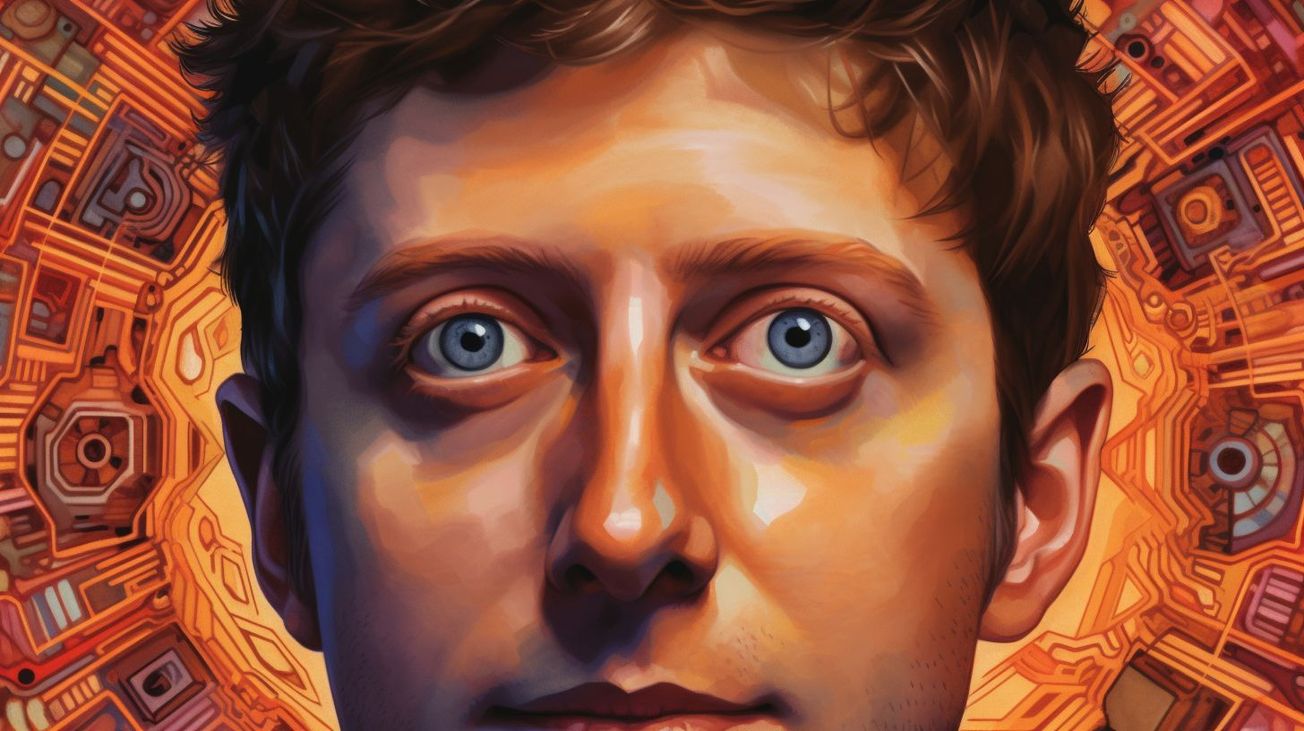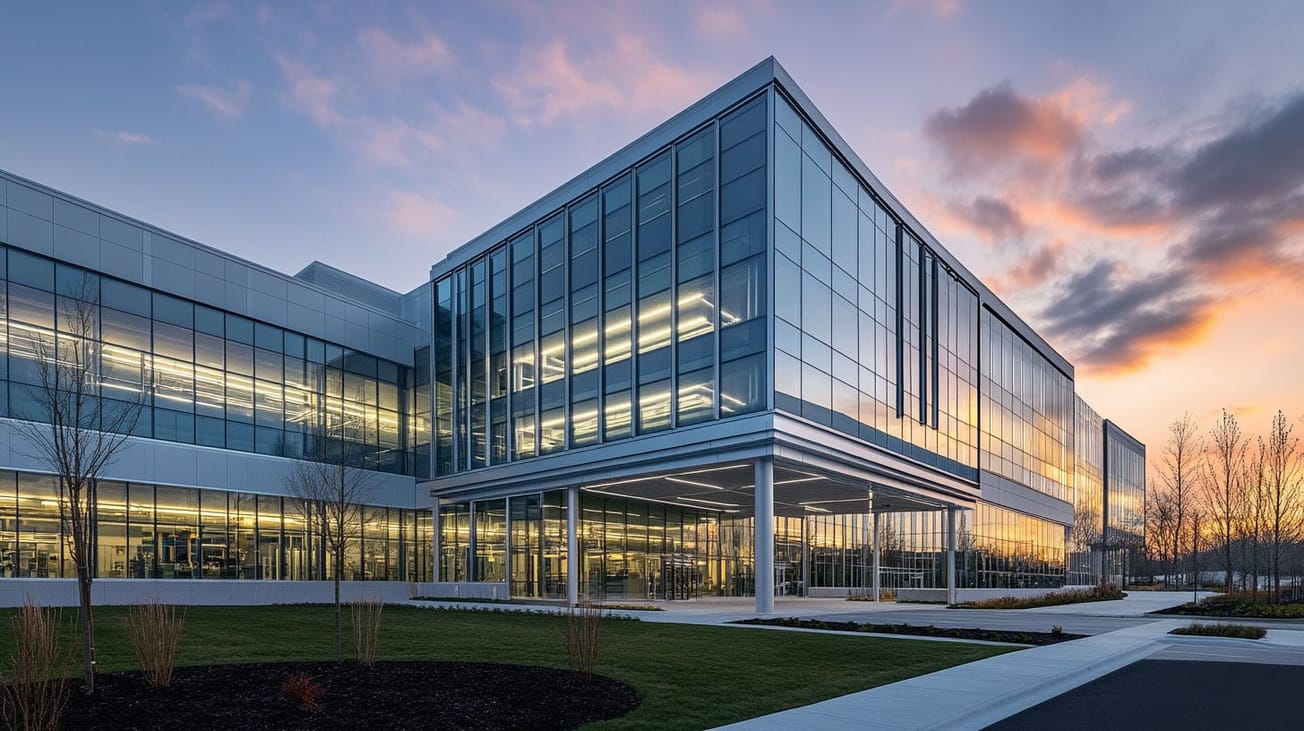OpenAI CEO Sam Altman has been making headlines recently for his comments on the potential impact of AI technology, particularly OpenAI's ChatGPT. In an interview with podcast host Lex Friedman, Altman revealed that customer service jobs could be "massively impacted" by ChatGPT. This comes as concerns about the potential for AI to replace human jobs continue to grow. Altman had previously discussed the possibility of AI replacing some human jobs in an interview with ABC News.
However, Altman's comments on AI have not been limited to its impact on the job market. In a separate interview with ABC News, he expressed his fear of how AI technology could be used for disinformation and authoritarian control. He also spoke about his excitement over the transformative potential of AI technology but noted that institutions may struggle to adapt quickly enough.
Altman's role as CEO of OpenAI has also put him in the middle of a controversy involving Elon Musk. Musk had proposed a takeover of OpenAI which was rejected by other board members and Altman himself. Following this rejection, Musk withdrew from the board and halted his pledge to invest $1 billion in the company. Since then, he has criticized OpenAI on Twitter for straying from its founding intentions.
Despite these controversies and concerns surrounding AI technology, OpenAI continues to develop new innovations such as GPT-4, which is expected to be even more advanced than ChatGPT. However, Altman remains cautious about how quickly this technology is advancing and how it will be used in society.
Altman's comments highlight some ongoing debates surrounding AI technology: its potential impact on jobs, its use for disinformation or authoritarian control, and whether institutions can keep up with its rapid development pace. While there are certainly benefits to using advanced technologies like ChatGPT or GPT-4 in various fields such as customer service or even creative writing (as demonstrated by some recent examples), there are also legitimate concerns about the social and economic implications of this technology.
One potential solution to these concerns is to develop ethical guidelines for AI development and use. OpenAI has already taken steps in this direction by creating an Ethics and Governance Council that includes experts from various fields such as law, policy, and ethics. Other companies and organizations have also developed similar initiatives aimed at ensuring that AI technology is developed in a responsible way.
However, some critics argue that self-regulation may not be enough to prevent the negative consequences of AI technology. They point out that companies may prioritize profit over ethics or rely on biased data sets when developing algorithms. Some have called for more government oversight or regulation of AI development.
Regardless of these debates, it seems clear that AI technology will continue to advance rapidly in the coming years. As Altman notes, the challenge will be finding ways to ensure that this technology is used in ways that benefit society as a whole while minimizing any potential negative consequences.
OpenAI CEO Sam Altman admits ChatGPT can replace customer service jobs
OpenAI CEO Sam Altman has been making headlines recently for his comments on the potential impact of AI technology, particularly OpenAI's ChatGPT. In an interview with podcast host Lex Friedman, Altman revealed that customer service jobs could be "massively impacted" by ChatGPT.









